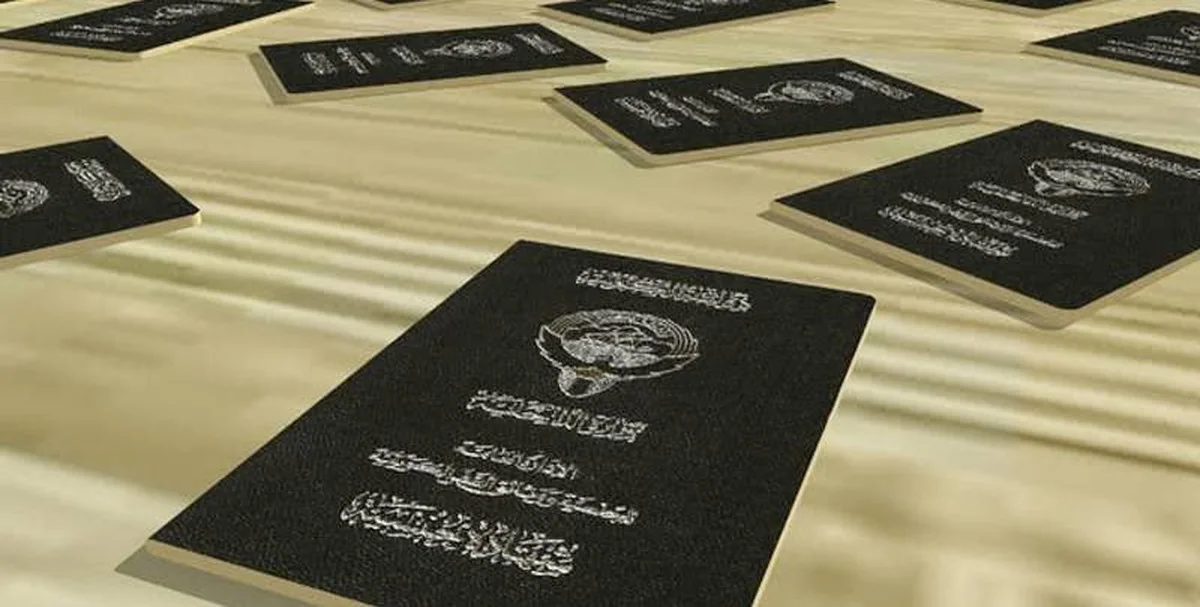11/01/2025
11/01/2025

Al-Mulaifi acknowledged the growing issue of residency trade, which he attributed to the corruption in the citizenship process. He pointed out that many individuals who acquired citizenship illegally did so to gain financial advantages, with little regard for the country’s integrity. According to him, these people are focused solely on exploiting the system for personal gain, regardless of the negative impact on Kuwait’s reputation. On the topic of “Article 8,” which addresses the revocation of citizenship for certain individuals, Al-Mulaifi expressed disagreement with the broad application of the law. He argued that each case should be examined carefully, particularly when it involves individuals who entered into marriages for the sole purpose of obtaining citizenship and noted that there are instances where women paid men to marry them for this benefit, while some men sought Kuwaiti citizenship to access financial benefits, such as loans. Al-Mulaifiproposed that the solution should not be a blanket withdrawal of citizenship, but rather a nuanced approach that considers the validity of marital relationships and the ongoing family connections involved. He emphasized that the automated systems in place could be leveraged to identify individuals who have exploited the system for material gain. Al-Mulaifistrongly supported holding accountable those who obtained citizenship through fraudulent means. He believes that these individuals should be investigated thoroughly and that the necessary legal measures should be enforced. He also advocated for better monitoring of naturalized citizens to ensure that they adhere to Kuwaiti laws and values, a process that had been neglected in the past. Al-Mulaifi addressed concerns that the widespread withdrawal of citizenship could hurt financial institutions and companies, particularly when it comes to people who may not be able to meet their financial obligations after losing their citizenship. He acknowledged the potential consequences for retirees and individuals with financial commitments, suggesting that the government should consider these effects and ensure that proper support mechanisms are in place.
Al-Mulaifi also touched on the “bedoon” issue, noting that revoking citizenship could exacerbate the plight of those who were once stateless. He raised concerns about the potential difficulties these individuals could face if their country of origin refuses to reclaim them. However, he clarified that international courts cannot interfere in a country’s sovereignty regarding citizenship laws, although they may scrutinize humanitarian issues. When asked about the potential impact of citizenship revocation on Kuwait’s aspirations within OPEC, particularly to reach 4 million barrels per day in oil production, Al-Mulaifi dismissed concerns that citizenship policies would affect Kuwait’s OPEC quota. He explained that quotas are determined by multiple factors beyond population size, including technological advancements in the oil sector. Al-Mulaificoncluded his remarks by urging patience from the Kuwaiti people during this period of reform. He acknowledged that there would be challenges along the way but expressed confidence that the country would emerge stronger through comprehensive changes. He also encouraged the government to be open to all opinions and to consider the broader public good when making decisions. Al-Mulaifi’s statements refl ect his firm belief in a more transparent and accountable approach to citizenship, residency, and broader national reform, with a clear call for the rule of law to take precedence in the country’s future.
By Najeh Bilal
Al-Seyassah/Arab Times Staff


